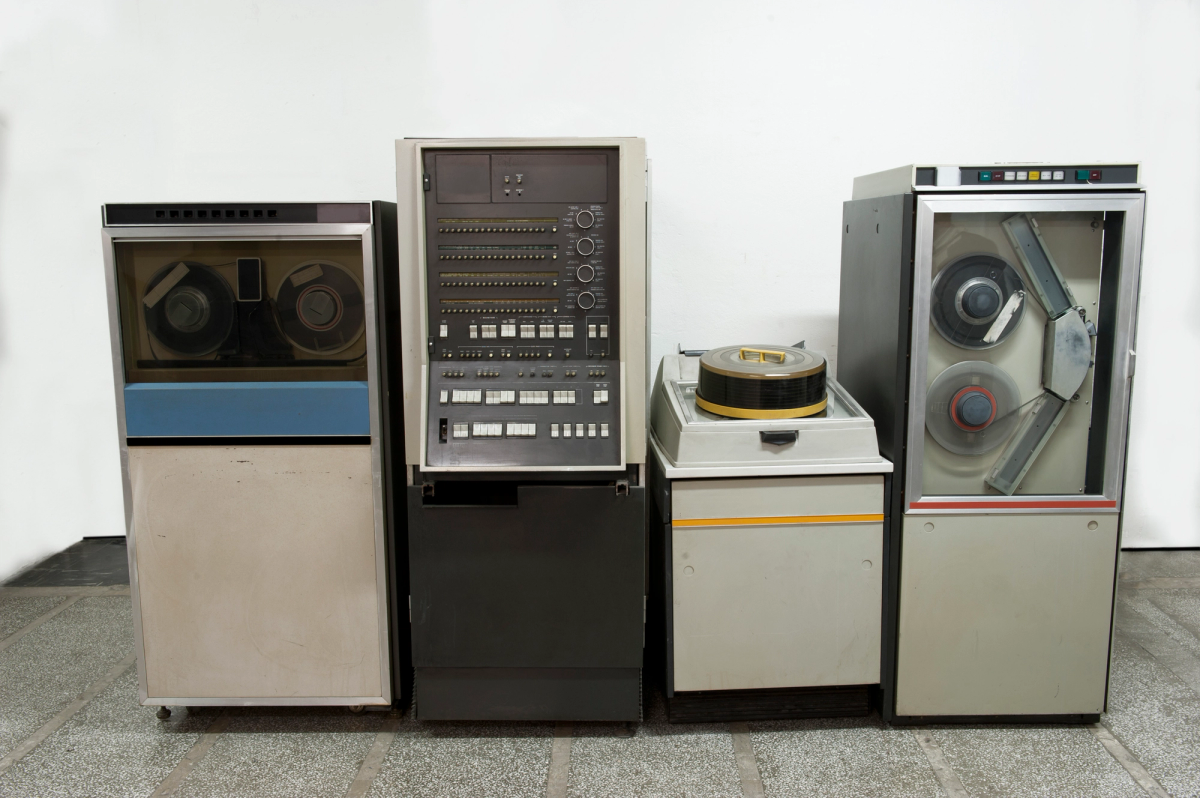
The war of the workstations
The MIT and New Jersey schools of software design, and how big lies turned into holy truths
… The first of the big lies is the biggest, but it's also one of the simplest, one that you've probably never questioned.
It's this: Computers today are better than they have ever been before. Not just that they have thousands of times more storage and more speed, but that everything, the whole stack – hardware, operating systems, networking, programming languages and libraries and apps – are better than ever.
The myth is …

The war of the workstations: How the lowest bidders shaped today's tech landscape. The MIT and New Jersey schools of software design, and how big lies turned into holy truths
Posted in r/programming by u/lproven • 111 points and 60 comments
Author's responses include:
… I'm really interested in stuff that not only doesn't run on any existing OS but completely replaces all existing OSes and their design concepts.
– and:
It's not about languages. Or rather, it is, in part, but it's not about languages on top of existing OSes.
The real point here is working out what are the 1970s assumptions buried in existing languages and OSes, removing them, and building clean new systems with those assumptions removed.
So for a start, that means throwing out absolutely everything built with C, burning it in a fire, and scattering its ashes on the wind, because C is a toxic waste dump of 50 years of bad ideas.
So, tell me, of your hundreds of experimental languages, how many don't use a single line of C anywhere in them, their libraries, and the OSes that host them?
Are any left?
The kind of assumptions I mean, for clarity, are not obvious local things that don't generalise, such as "there are 8 bits in a byte" or "this computer uses binary" or "this computer's users was and write in the Roman alphabet", but outdated 1970s technology like "drives" and "files" and "directories".
The deep assumptions. Only if we burn it all to the ground and rebuild on a more solid basis can we escape 1970s tech debt.
… the core of this article was adapted – with my editors' full knowledge and agreement, of course – from one of my FOSDEM talks. I plan to return with some more of the talk – and some new stuff! – in later pieces. …




